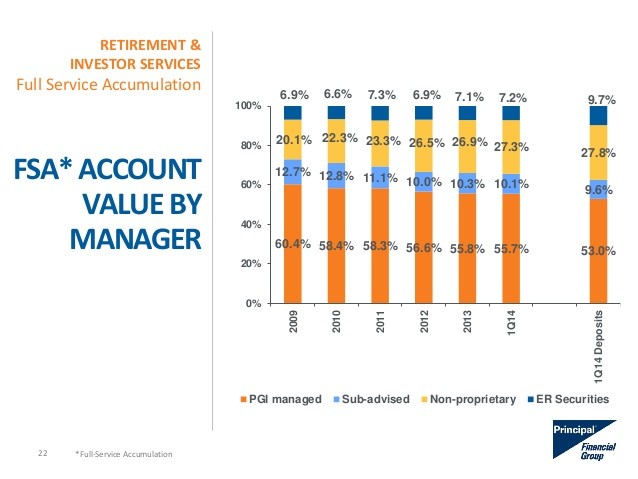Proprietary vs Nonproprietary Mutual Funds Financial Web
Post on: 21 Июнь, 2015 No Comment

Mutual funds have brand name and house name options, just as other consumer goods do. In terms of a mutual fund, the house name version is a proprietary mutual fund. The word proprietary indicates that one individual or organization holds the sole ownership of an item. When a mutual fund is proprietary, the same company issuing the fund is also selling and managing the fund for you. No third party is involved. There can be perceived advantages to both options, depending on your investment strategy.
Proprietary Funds
Propriety funds are generally issued by financial houses such as banks, credit unions and brokerage firms. These organizations use the fees derived from offering mutual funds to counteract the riskier business of investment banking. There are a few key advantages unique to proprietary mutual funds. First, when no third party is involved, the fee structure involved in owning the funds can be lower. This in part depends on the fees and commissions of the institution issuing the funds. They may have high fees and service charges, and this can lead to relatively no savings over a non-proprietary fund.
Those investors who purchase proprietary funds may be looking for a simpler investment structure. They trust their bank or brokerage house, and they would prefer to do business solely with one adviser than to have investments managed out of multiple locations. This loyalty is what sellers of proprietary funds count on. They will extend special offers to existing clients. In return, clients may see the proprietary fund managers exercise their perceived leeway with a loyal investor base by raising fees or commissions. Watching these elements closely is important.
Non-Proprietary Funds
Non-proprietary funds are managed and sold by an outside institution. They will carry the name of the managing institution, such as T. Rowe Price or Fidelity. These funds are more brand name, and they may be perceived as more prestigious options. In general, their fund managers are more experienced in the field. However, this does not always guarantee above-average returns. Each mutual fund is unique, and each will have different returns over a given period.
One advantage to non-proprietary mutual funds is the fact that the manager has less leeway with fee structures. Investors in these funds will be more likely to shop around for multiple options, and they will be more likely to jump ship if fees get too high or returns are not favorable. These funds may be more responsive to the investor because they are concerned about their good name and know investor loyalty is not as high.
Choosing between the Two Options
There is not one type of mutual fund that can be declared better than the other. Both proprietary and non-proprietary funds have comparative advantages over the other. If you like to shop around and maintain flexibility in your investments, non-proprietary funds may be the way to go. If you are happier using one streamlined form of investment and riding out waves in the market or fee structures, consider proprietary options.
$7 Online Trading. Fast executions. Only at Scottrade














